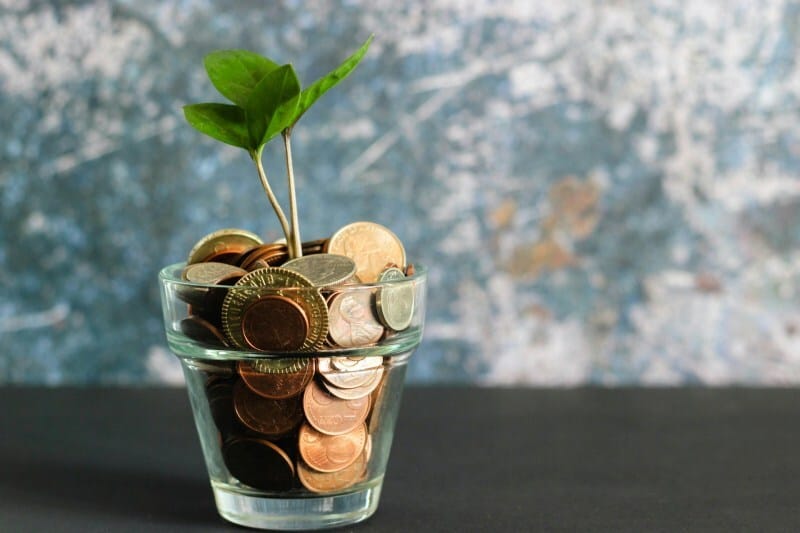We all fantasize about winning the jackpot, but in the actual world, a sudden windfall is unlikely. However, this does not mean that you cannot improve your financial situation in meaningful ways. By incorporating minor adjustments and tweaks in your daily routine and overall lifestyle, you can land substantial savings that will benefit you in the long run.
Be Car Insurance Clever
One such life change is seeking car insurance without deposit – offering savings that can add up significantly over time. This insurance option reduces your upfront costs, allowing you to manage your budget in a more flexible manner and free up some cash for other necessities or savings. Although premiums may be a bit higher, saving on an immediate lump sum payment is a clear boon for many households.

Ensure Regular Financial Checkups
Similar to how regular health checkups can nip potential problems in the bud, routine financial checkups can help you identify areas of wasting money and possible investment opportunities. These checkups involve reviewing your spending habits, making necessary budget adjustments, and planning for significant future expenses such as home down payments or education fees.
Be an Energy Wise Consumer
Turning off the light when leaving a room, installing energy-efficient home appliances, and being more aware of your water usage are all ways to reduce energy consumption. Not only does this benefit the environment, but it also significantly reduces your monthly utility bills, contributing meaningful savings to your annual budget.

Meal Planning and Groceries
Instead of eating out or getting takeout, plan your meals and cook at home. This often equates to lower food expenses. Bulk shopping for pantry and freezer staples can also help cut down your grocery bill. Plan meals around what’s on sale at your local supermarket to make the most out of discounts.
Opt For Public Transport or Carpooling
Opting to use public transport or carpooling instead of driving alone can save considerably on fuel expenses and vehicle wear and tear. Also, many car insurers offer a lower premium to those who drive less, opening another avenue for financial savings. If possible, consider cycling or walking for shorter commutes.

Buy Secondhand and Sell Unwanted Items
Purchase used goods whenever possible. Not only does this save money, but it also contributes to reducing waste and promoting a more sustainable environment. Simultaneously, sell items that you no longer use or need. This not only declutters your space but also turns unused items into cash.
Regular Maintenance
Regular maintenance of home appliances and vehicles can prevent costly repairs down the line. It can also extend the life of these items, saving on replacement costs. This applies to almost everything, from car engines to HVAC systems to your personal health.

Make Saving Automatic
Set up automated savings through your bank. This will automatically take a certain amount from your checking account and transfer it to your savings account each month. Making savings automatic means you are less likely to spend the money impulsively, leading to considerable long-term savings.
Limit Impulse Buying
Re-thinking your online purchases can lead to significant savings. Use a 24-hour rule. If you’re still sure you want the item after a day of waiting, then purchase it. Aside from this, unsubscribing from marketing emails can also help resist the temptation to buy on impulse.
Financial improvement doesn’t always require drastic measures. Simple day-to-day lifestyle changes can, over time, accumulate into noticeable savings and increased financial stability. Think about car insurance without deposit, turning off extra lights, or limiting takeout – every little shift can make a big financial impact.
The post Little Life Changes That Make a Big Financial Impact appeared first on Moss and Fog.